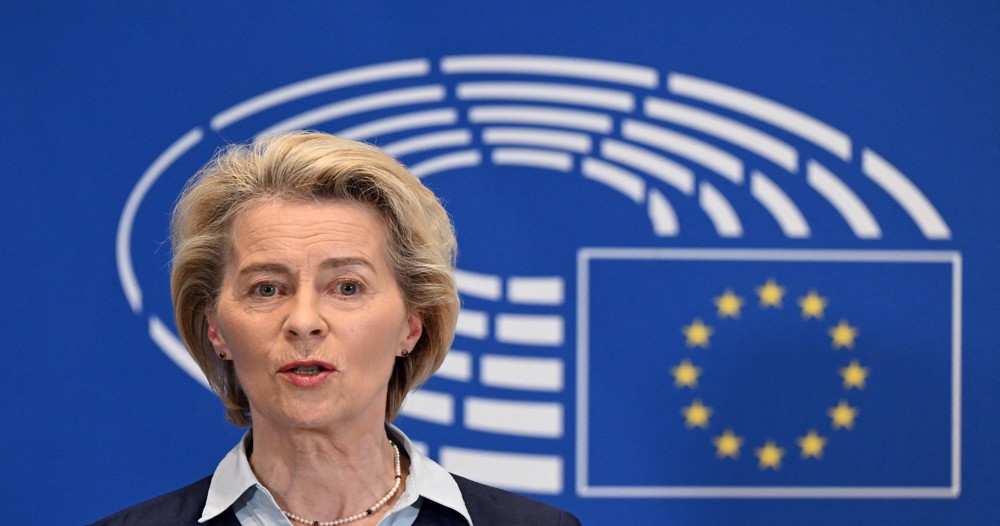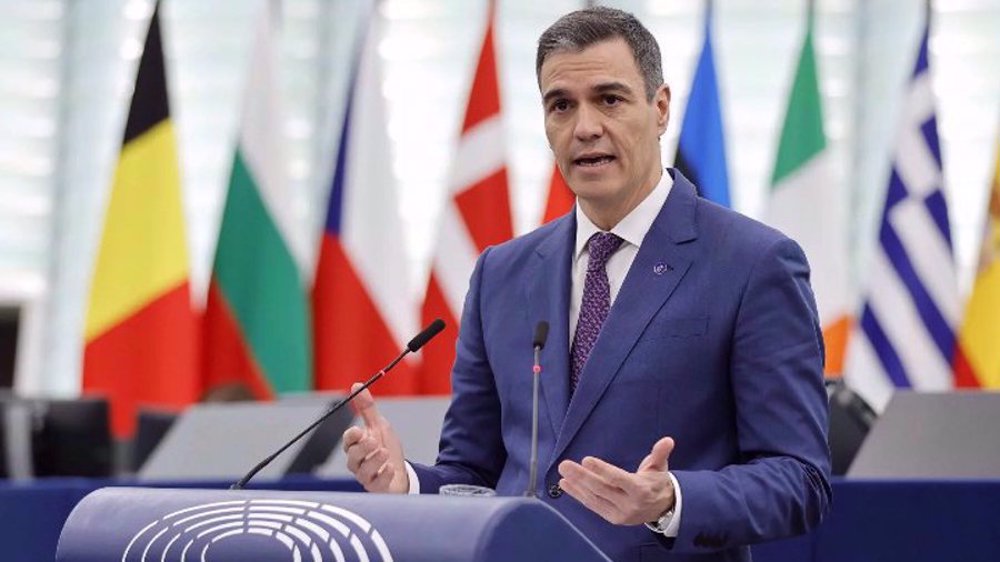Euro hits 11-year low after ECB stimulus
The euro has dropped to a new 11-year low after the European Central Bank (ECB) launched a massive bond-buying scheme aimed at resuscitating the eurozone’s economy.
The euro dived to USD 1.1316 on Thursday, marking the lowest level since September 2003.
The new low came after the ECB announced a bond-buying program to pump 1.1 trillion euros (USD 1.16 trillion) into the sagging European economy.
ECB chief Mario Draghi said the bank will start the program, also known as quantitative easing (QE), in March.
The program would include buying 60 billion euros worth of government bonds per month through at least September 2016.
The eurozone’s inflation rate became negative in December 2014, raising fears about the imminent danger of falling prices in the region.
Economists believe that the weaker euro brings a mixed blessing for the struggling eurozone economy since European exporters will benefit from a competitive advantage against foreign rivals because their products will be cheaper for customers that pay in dollars or currencies tracking with the dollar.
A weaker euro, however, would also have negative effects in the eurozone. Since crude oil is commonly traded in dollars, a weak euro cancels out some of the economic advantages from the recent slump in oil prices.
Europe plunged into financial crisis in early 2008. The threat of insolvency has plagued heavily debt-ridden countries such as Greece, Portugal, Italy, Ireland, and Spain.
The debt crisis has forced EU governments to adopt harsh austerity measures and tough economic reforms, which have triggered incidents of social unrest and massive protests in many European countries.
GMA/NN
VIDEO | Press TV's news headlines
Barbados officially announces recognition of Palestine as state
US Senate reauthorizes surveillance bill despite privacy concerns
April 19: ‘Axis of Resistance’ operations against Israeli occupation
Pro-Palestine rallies spread after students arrested at Columbia University
US to pull out troops from Niger after France: Report
US sanctions on Venezuelan oil ‘violation of human rights’: Iran
VIDEO | Hundreds of students take to streets in Milan in support of Palestine










 This makes it easy to access the Press TV website
This makes it easy to access the Press TV website